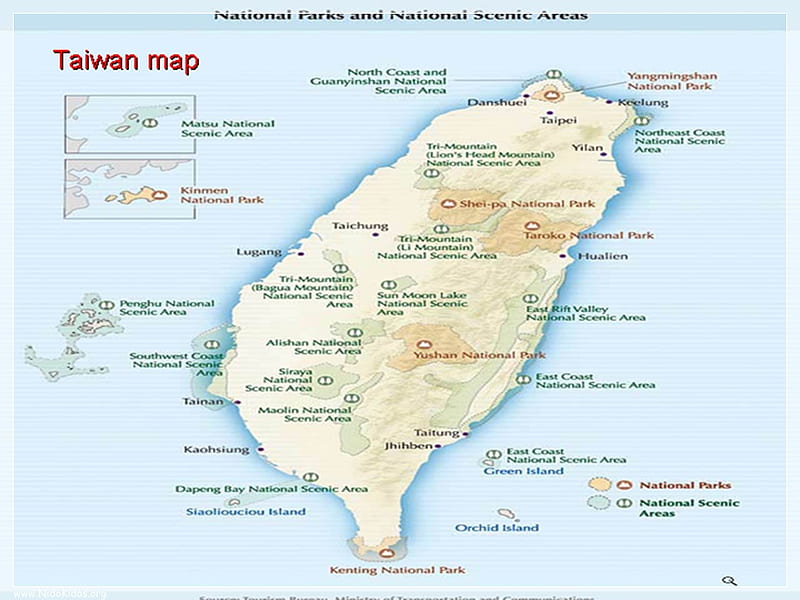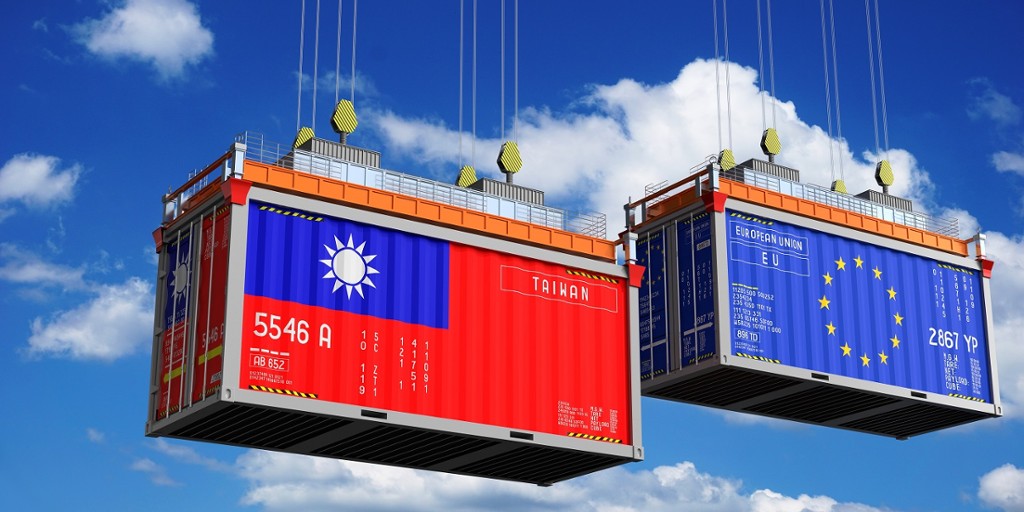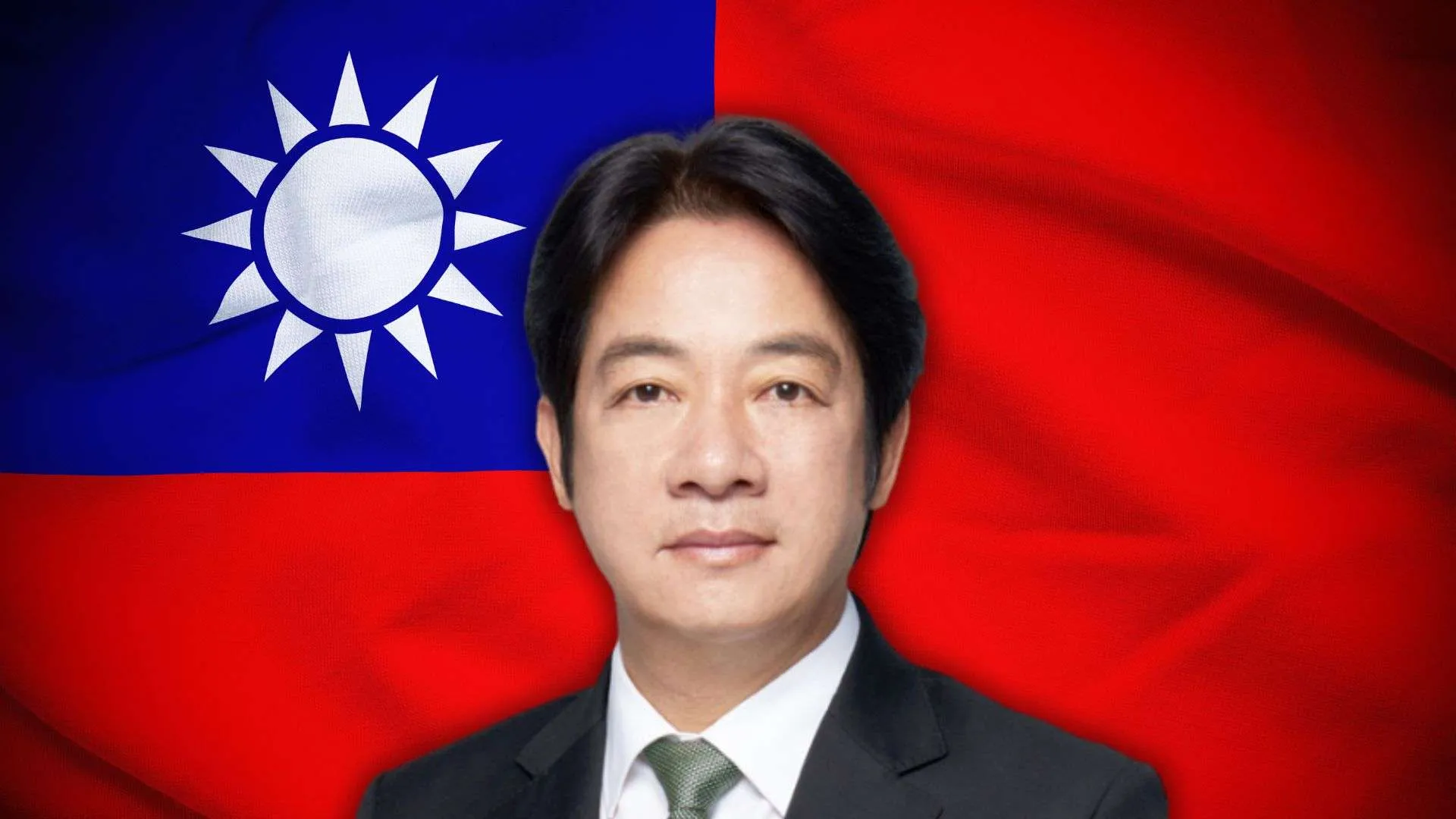by Martin Haffner Associate Editor
Taiwan’s political landscape has long been marked by division, particularly between the pro-independence Democratic Progressive Party (DPP) and the more China-friendly Kuomintang (KMT). This polarization can complicate the island’s defense strategy, especially in the context of heightened tensions with China and a changing geopolitical landscape influenced by U.S. politics.
With the return of Donald Trump to the forefront of U.S. politics, Taiwan’s strategic situation may be further complicated. Trump’s previous administration emphasized a more confrontational stance towards China, which included increased support for Taiwan. However, his return could bring uncertainty regarding consistency in U.S. foreign policy, including its commitment to Taiwan’s defense.
As Taiwan prepares for upcoming elections, the internal divisions could impact military readiness and public sentiment towards defense initiatives. The DPP’s approach typically focuses on strengthening Taiwan’s identity and independence, while the KMT may advocate for closer relations with China, which might lead to differing views on military spending and alliances.
Moreover, external pressures, including military threats from China, require a unified response to enhance Taiwan’s deterrent capabilities. The effectiveness of defense strategies can be undermined if political discord hampers decision-making, particularly in mobilizing public support and fostering international partnerships.
In this context, Taiwan’s ability to navigate its polarized politics while ensuring a robust defense posture will be crucial, especially if the dynamics of U.S.-China relations shift again with a potential change in U.S. leadership. The challenge will be to maintain a cohesive national strategy that reassures the Taiwanese people and strengthens ties with allies without escalating tensions in the region.



